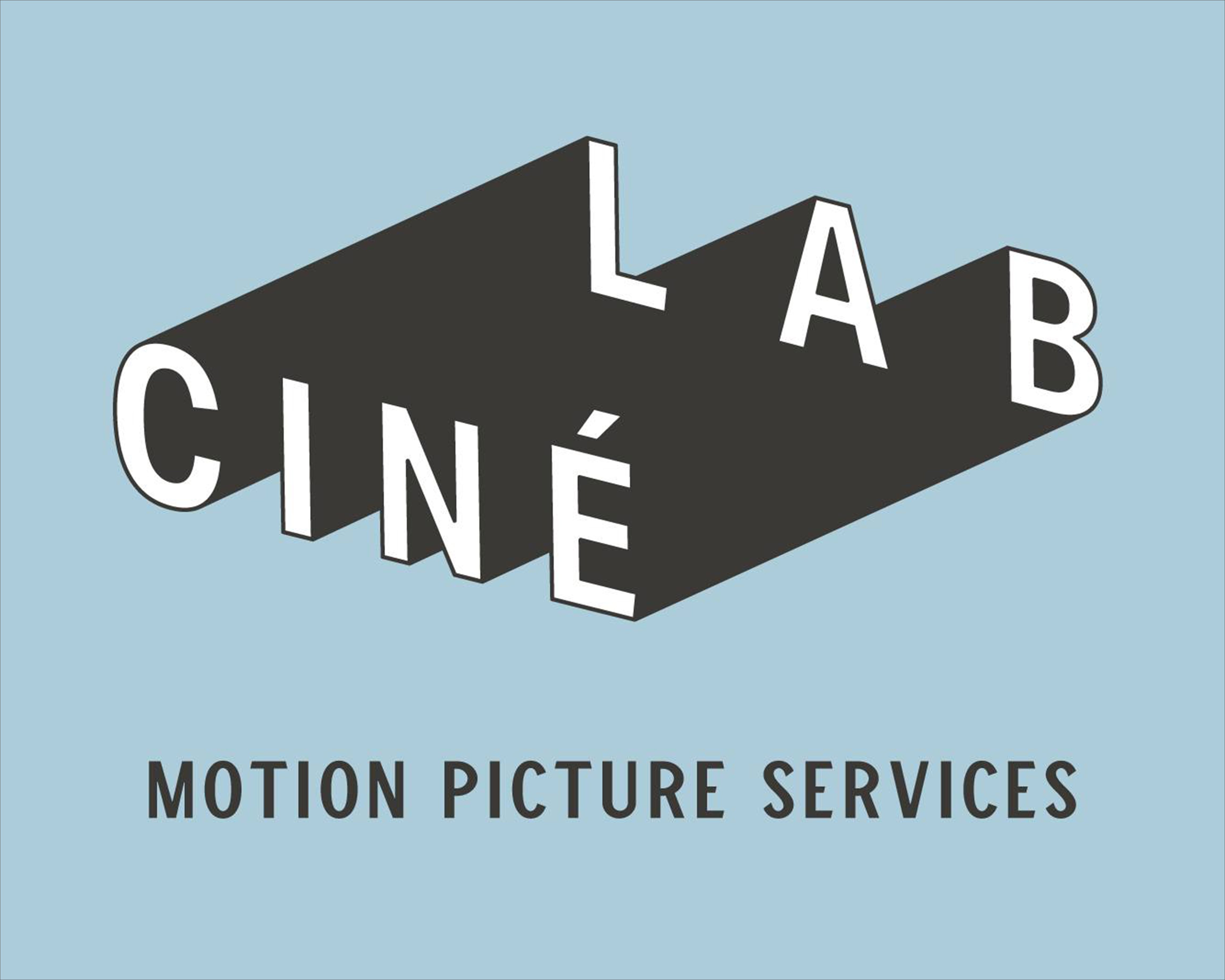Many film schools have an interview process. They are looking for if you are an interesting person and serious in filmmaking and not just as a hobby or "gap year". Many film schools will ask for samples of previous works, photographs or stories you have written, this is also, I guess so they have a different range of students and not a class full of star wars fans. So the more unique you are the more likely you will get accepted.
On one film school that I got accepted to which I decided to pass on, they asked me to give a list of directors and films I liked. This is probably to see how deep your film knowledge is, (a bit snobby) but I understand they don't want a class full of marvel & DC fans.
Also they are probably looking to see if you have life experience and can tell a story, I've heard some people have been rejected because they came straight from high school with little stories or life experiences to share.
Now once you get into film school, here are my tips:
In general the film school will be divided into 2 groups. The popcorn filmmakers and the avant-garde/experimental filmmakers. Depending on how small the school is and how limited their resources are, there will be a lot of politics and backstabbing involved. Make friends quick and get their support.
If you want to direct, you need to be a natural leader and be able to rally the troop. If you are introverted and quiet then you will have a hard time getting your voice and opinion respected. Always be the first to come up with a good idea and inspire your team from the first group assignment.
Everybody wants to direct in the school and you will not always get the chance to do it. The most popular roles in order are Director, Cinematographer and then Producer. It is good you state your intention clearly from the get go which career path you want to take for both your teachers and classmates. Most big respected film schools already have predetermined role when you apply so this shouldn't be a problem but they are very very tough to get into and they usually reject high school graduates.
If your school has multiple years and classes, volunteer on any project possible. This will mostly be gaffer, electric or boom operator, runner etc.
This is the real value in film school, to get into as many productions as possible and learn from others' mistakes. Don't be the type of person who only wants to work on their own project. Other classmates and students will remember if you helped them and they will help you back.
Some of these students will eventually get jobs in the industry and can help you out if they like you.
Don't skip any classes especially sound. This is my biggest regret. Sound is equally as important as the picture and you can quickly tell that a film is made by a student by how bad the sound is. Most students edit sound on premiere pro and have no knowledge of sound mixing and EQing.
Sometimes when there are no projects filming you will be able to rent the school's equipments for your own projects. This is very valuable. Be prepared with a bunch of short scripts ready or music video gigs lined up so you can borrow your school's equipments for free.
Get to know your teachers, most of them are former filmmakers and have contacts in the industry.
Depending on how small your film school is, most projects are not financed so be realistic and don't expect to make a star wars in film school.
The most valuable knowledge a non-famous film school can part with you is the technical knowledge of making a film. Creative knowledge such as how to direct and write is usually subpar in most film schools that aggressively advertise to new students.
A non-famous film school will not give you adequate knowledge on how to finance a film, distribute, write a proper script with 3 acts and an emotional through-line, how to manage actors and egos on set, proper vfx pipeline, color management and grading, how to budget and manage overheads how to apply for production insurance, how to presell in the film market, how to enter the film market and industry, how to start your own production company etc.
This is knowledge you have to learn by yourself through books and youtube.
What most film schools are really good at is preparing you to become a boom operator, gaffer, focus puller, electrician, runner and similar roles on film sets ie not above-the-line roles.
So hopefully this gives you a quick understanding of what the film school experience will be like. Good luck on your application!





